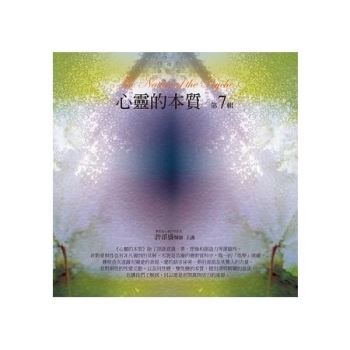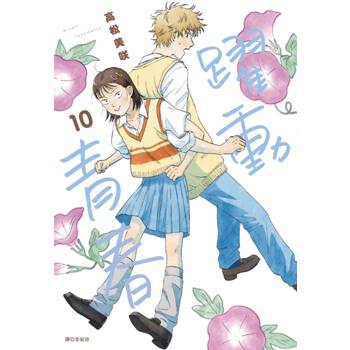Danielle S. Rudes is a Professor in the Department of Criminal Justice and Criminology at Sam Houston State University.She is an organizational sociologist/criminologist who uses qualitative methods to explore key questions related to the implementation of organizational change. She first became interested in how organizations worked before graduate school while working in a large restaurant/night-club where the culture was created, institutionalized, and socialized daily. From there, she turned her attention to correctional environments but her interest in both formal and informal organizational processes and perceptions continues today. Her substantive expertise is in institutional and community corrections. Her research considers organizational dynamics among a wide array of people, including prison/jail staff and residents, probation/parole officers and individuals under supervision, and problem-solving court teams and clients. Her work uses several organizational theories and concepts including street-level bureaucracy theory, discretionary decision making, sensemaking, institutional logics, and implementation science. She has taught both undergraduate and graduate-level courses in corrections, reentry, and organizational theory for nearly 20 years.
Jason R. Ingram is a Professor in the Department of Criminal Justice and Criminology at Sam Houston State University. He first became interested in organizational theory as a Criminal Justice PhD student at Michigan State University. Here, he developed a cognate area in Industrial and Organizational Psychology that had a significant influence on his approach to research in criminal legal organizations, especially as it relates to police culture. His primary area of research focuses on how police officers’ immediate work environments shape and constrain their cultural views using multilevel theory and methods. Subsequent studies have applied this framework to understand outcomes such as culture strength, officer street-level behaviors, job satisfaction, and supervisory influences. He has also taught graduate-level courses in policing and in organizational theory that incorporate many of the theoretical frameworks and concepts in this book to help students better understand criminal legal organizations.











